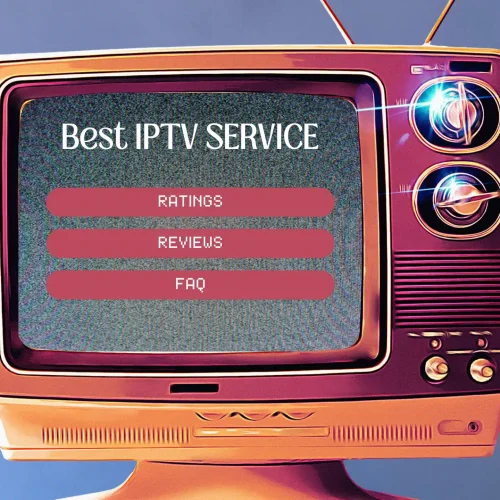In recent years, IPTV (Internet Protocol Television) has emerged as a popular alternative to traditional cable TV. With the rapid advancement of technology and the increasing demand for on-demand content, IPTV has proven to be a superior option for many consumers. In this article, we will explore the advantages of IPTV over traditional cable TV.
What is IPTV?
IPTV is a service that delivers television programming over the internet instead of through traditional cable or satellite means. This allows for a more personalized and interactive viewing experience, as users can access content on their own schedule and from a variety of devices, including smartphones, tablets, and smart TVs.
Advantages of IPTV
1. Wide Range of Channels
One of the biggest advantages of IPTV is the wide range of channels available to viewers. Unlike traditional cable TV, which may have limitations on the number of channels offered, IPTV services can provide access to thousands of channels from around the world. This means that viewers can enjoy a variety of programming options, including live sports, news, movies, and more.
2. On-Demand Content
Another key advantage of IPTV is the ability to access on-demand content. With traditional cable TV, viewers are limited to watching programs at scheduled times. However, with IPTV, users can choose what they want to watch and when they want to watch it. This flexibility allows for a more convenient viewing experience and eliminates the need to rely on DVR recordings.
3. High-Quality Video and Audio
IPTV services often provide high-quality video and audio streaming, ensuring a more immersive viewing experience for users. With advancements in technology, IPTV can deliver content in HD and even 4K resolutions, making for crystal-clear picture quality. Additionally, many IPTV providers offer surround sound audio, further enhancing the viewing experience.
4. Multi-Device Compatibility
One of the biggest advantages of IPTV is its compatibility with a wide range of devices. Users can access IPTV services on smartphones, tablets, smart TVs, and computers, allowing for viewing on the go. This flexibility is especially beneficial for busy individuals who want to watch their favorite shows and movies wherever they are.
5. Cost-Effectiveness
Compared to traditional cable TV, IPTV can be a more cost-effective option for consumers. Many IPTV providers offer competitive pricing plans that allow users to customize their channel selection and only pay for the content they want to watch. Additionally, IPTV eliminates the need for expensive equipment rentals and installation fees, making it a more affordable choice for many households.
The Future of IPTV
As technology continues to advance, the popularity of IPTV is expected to grow significantly in the coming years. According to a report by Statista, the global IPTV market is projected to reach $117.07 billion by 2025, with a compound annual growth rate of 15.6%. This rapid growth is driven by the increasing demand for on-demand content and the rise of internet-based viewing platforms.
Overall, IPTV offers a number of advantages over traditional cable TV, including a wide range of channels, on-demand content, high-quality video and audio, multi-device compatibility, and cost-effectiveness. As more consumers seek out personalized and interactive viewing experiences, IPTV is likely to become the go-to choice for television entertainment.






